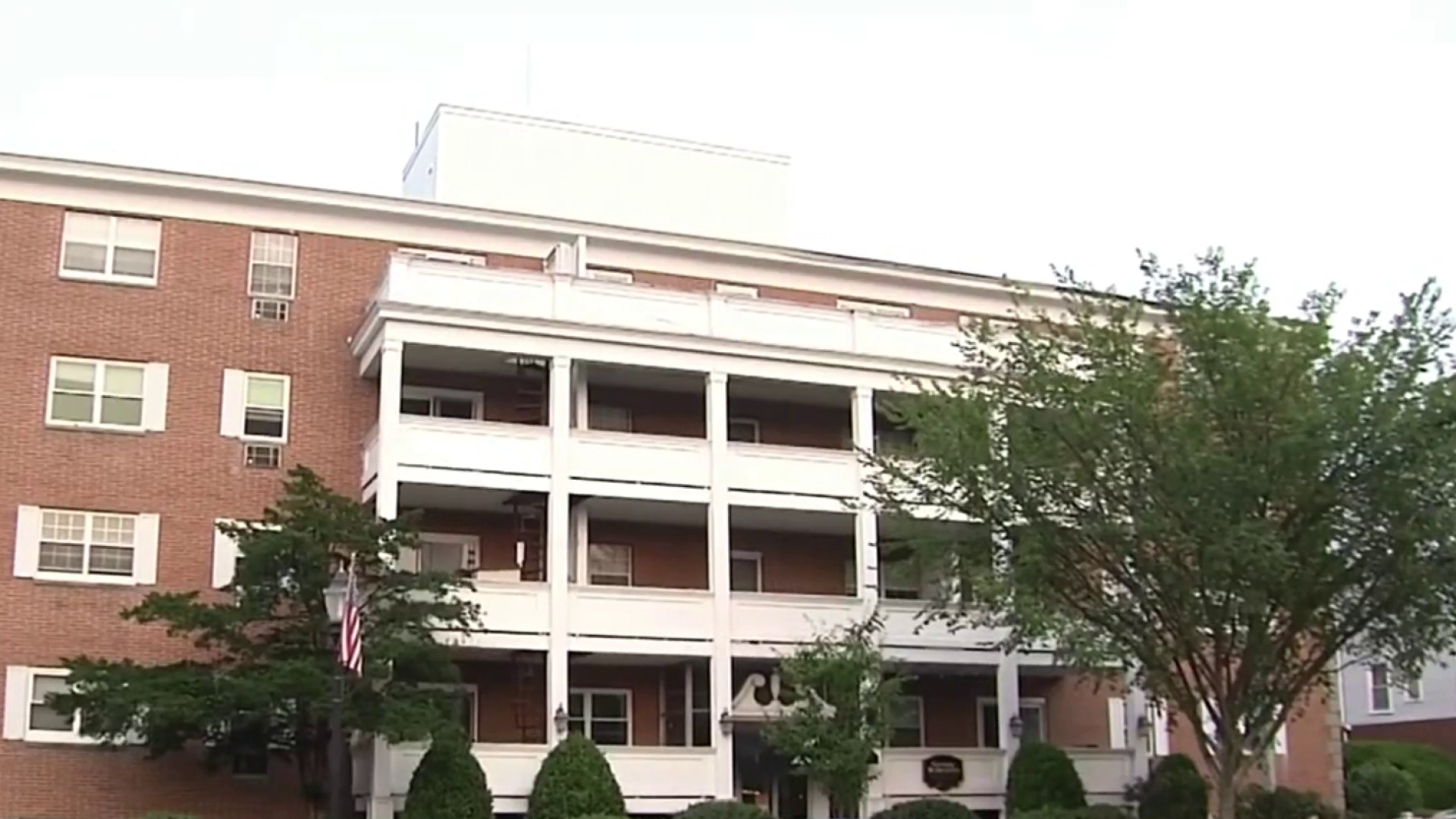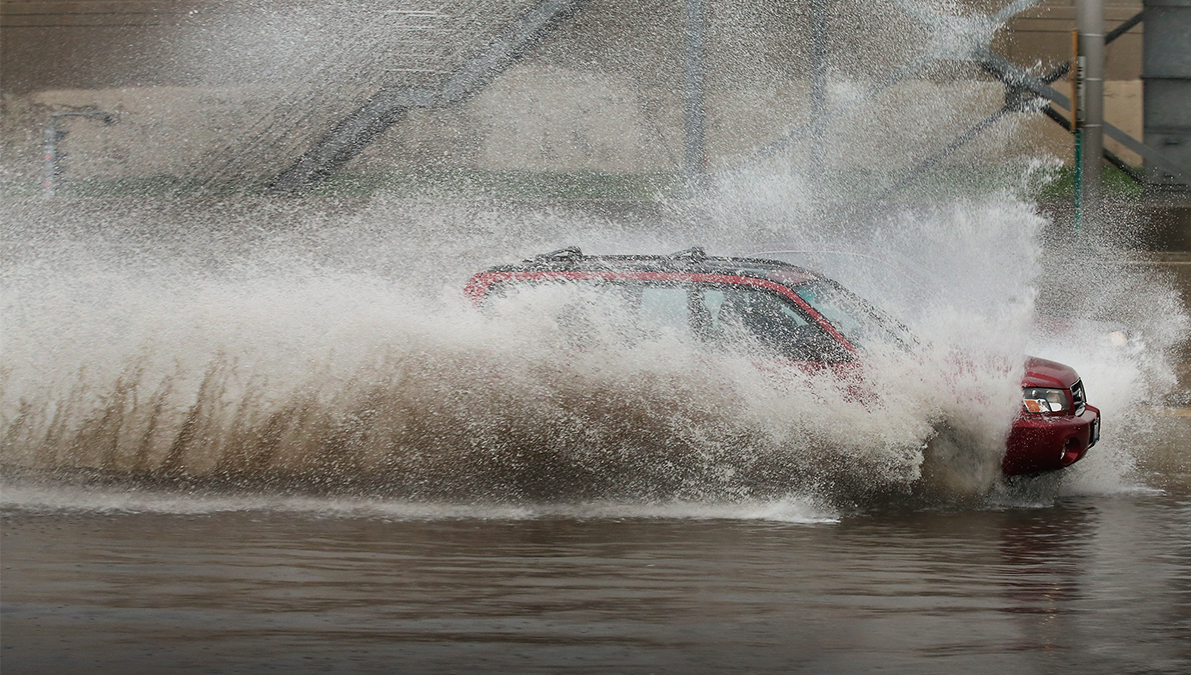
The Boston area’s subway system faces a severe threat from rising seas over the next 50 years that could cause flooding and cut critical links around the city, according to a new study.
The report, written by researchers at the Massachusetts Institute of Technology and Tulane University, said the Massachusetts Bay Transportation Authority must take sweeping action to fortify its coastal infrastructure, The Boston Globe reported Tuesday.
“Severe flooding is a grave challenge for the T,” said Michael Martello, a researcher with MIT’s Transit Lab and lead author of the report, which was commissioned by the MBTA.
The study is scheduled for publication next month in the journal Transportation Research. It used sea level rise projections to determine what segments of the system’s four major subway lines might be most affected by floodwaters from a major storm.
Get Boston local news, weather forecasts, lifestyle and entertainment stories to your inbox. Sign up for NBC Boston’s newsletters.
A 100-year storm would completely inundate the Blue Line and large portions of the Red and Orange lines by 2030, researchers found. By 2070, a 100-year storm would flood nearly the entire network.
“It’s not a pretty picture,” said Jesse Keenan, a Tulane professor who studies the intersection of climate change and infrastructure and co-authored the research.
Hannah Lyons-Galante, the MBTA’s climate change resiliency specialist, said the findings were informative, but not surprising.
The MBTA is working on long-term plans to protect the transit network from rising seas, she said.
In response to the threat, the MBTA has directed nearly $2 million to a number of short-term projects they hope will prevent flooding on the Blue Line. But the scope of the problem demands more long-term and expensive solutions, experts said.
Failing to address the issue could have a negative impact on the economy of the city. “If you do not do this, you’re going to lose businesses and jobs, you’re going to lose tenants, you’re going to lose taxpayers, you’re going to lose economic activity. People need to get to work,” Keenan said.



